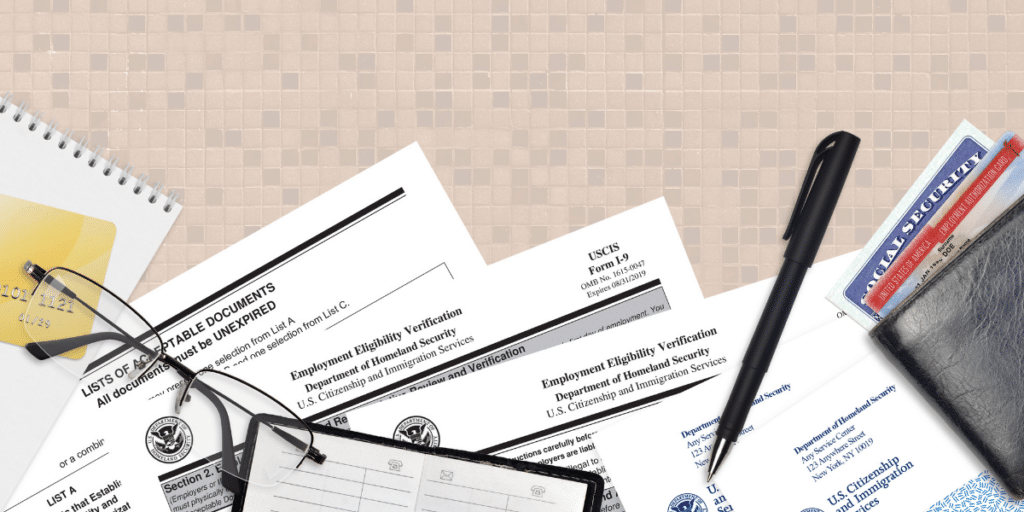When a judge sides with the opposing party in litigation, clients will often ask their attorney to file an appeal. Despite this routine request, few litigants actually have any understanding of the intricate procedures required to present a matter for appellate review. Even experienced trial attorneys can be hesitant to file an appeal, finding the appellate system to be a complex judicial arena with its own set of rules and procedures. For those litigants or attorneys who need to navigate the appeals process, the first question that must be answered is:
When can I appeal?
This question is critical, as an appeal raised too early or too late is subject to dismissal, regardless of how strong the underlying arguments may be. Under Appellate Rule 3, a Notice of Appeal should be filed with the trial court within 30 days of entry of the order or judgment from which appeal is taken. Because 30 days is not a lot of time to decide whether an appeal is advisable, it is important to consult with an appellate attorney right after an unfavorable ruling.
Appellate Rule 3: 30-day filing period
Although Appellate Rule 3 provides a 30-day period to file a Notice of Appeal, this does not mean every order or judgment entered can actually be appealed within 30 days of that ruling. In fact, rarely can a party present a matter for appeal before the court has reached a “final judgment” in the lawsuit. The final judgment requirement is mandated by Civil Rule 54, which can be a frustrating requirement when an error is made early in a case. If an appeal is raised prior to a final judgment, the appeal is considered an “interlocutory appeal” and subject to dismissal unless certain exceptions are met.
Substantial Rights Exception
The most notable exception is called the “substantial rights” exception, which allows an interlocutory appeal if waiting for a final judgment will cause a substantial right to be lost, prejudiced, or inadequately preserved. This exception has been narrowly applied, so a thorough analysis of the issues in dispute with a careful comparison to case law is required to determine whether a given matter presents any ground for interlocutory review. An experienced appellate attorney will be familiar with the relevant legal authorities and able to recognize when the substantial rights exception might be available.
Avoiding Dismissal
Given these strict timing requirements, it is vital for litigants and attorneys to make sure they understand when an appeal is proper. While it might be tempting to appeal as soon as the court issues an unfavorable ruling, filing an interlocutory appeal without a proper basis will almost always result in a dismissal. Even more serious, if an appeal has no basis in law or fact, under Appellate Rule 34 the Court can order the filing party to pay the other side’s costs, including attorney fees. In light of the significant consequences that can result from an untimely appeal, it is imperative for litigants to immediately consult with an appellate attorney whenever an appeal is being considered.
At Dozier Miller Law Group, we have vast experience with appeals and are available to assist other attorneys on appellate issues. If you need an experienced appellate attorney to handle your appeal, or simply want assistance preparing a brief or other filings, please contact our appellate counsel. We offer flexible billing arrangements, including flat fee options, for most appellate matters.
Contact DMPM’s Appellate Counsel:

REMEMBER: Always speak with your own attorney
This information is provided for informational purposes only; it is not offered as and does not constitute legal advice.
More Insights and Resources
Learn more about what to expect when facing a family law dispute in Charlotte, North Carolina from Family Law attorneys at Dozier Miller Law Group
What NC House Bill 269 Could Mean for Non-Compete Agreements in North Carolina
Non-compete agreements have long been a controversial tool in the corporate world—sometimes protecting legitimate business interests, and…
Protect What Matters Most: Estate Planning for Every Stage of Life
Thinking about the future doesn’t always come naturally. Many of us get caught up in the day-to-day,…
Will a Separation Protect Me Financially?
Separation is never easy, especially when financial questions start piling up. Can you protect your savings? Will…
Practical Custody Arrangements for Families
Trying to figure out custody arrangements? You’ve probably come across terms like joint custody, primary custody, and…
Future-Proof Your Business Against Form I-9 Changes
Running a business is no small feat. Between managing your team, keeping customers happy, and planning for…
When Do You Need an Attorney for a Breach of Contract Case?
Contracts are the backbone of any good business relationship. They bring clarity, set expectations, and hold everyone…
Navigating Immigration Changes and Their Impact on Employment Law
No matter the size of your business, immigration law affects your ability to hire and retain the…
LGBTQ Families and Stepparent Adoption: What You Need to Know in North Carolina
As a family law attorney in North Carolina, I’ve seen many parents assume that their legal status…
What to Do When You Get a Bad Google Review
If you’re a Charlotte business owner, you know just how important your online reputation is. Around 98%…
Managing Your Immigration Status in 2025
The 2024 election brought significant shifts to U.S. immigration policy, many of which have already begun reshaping…











